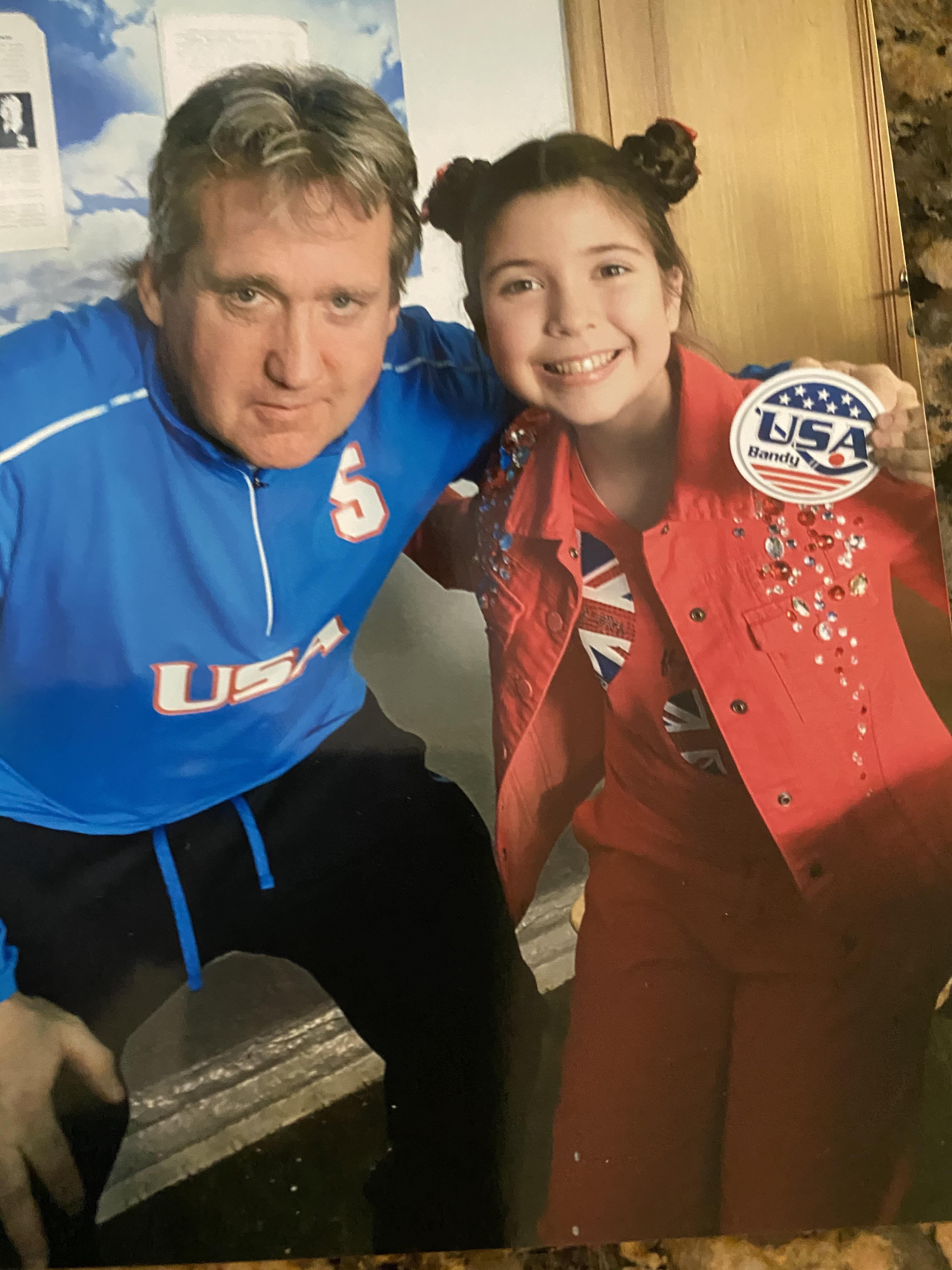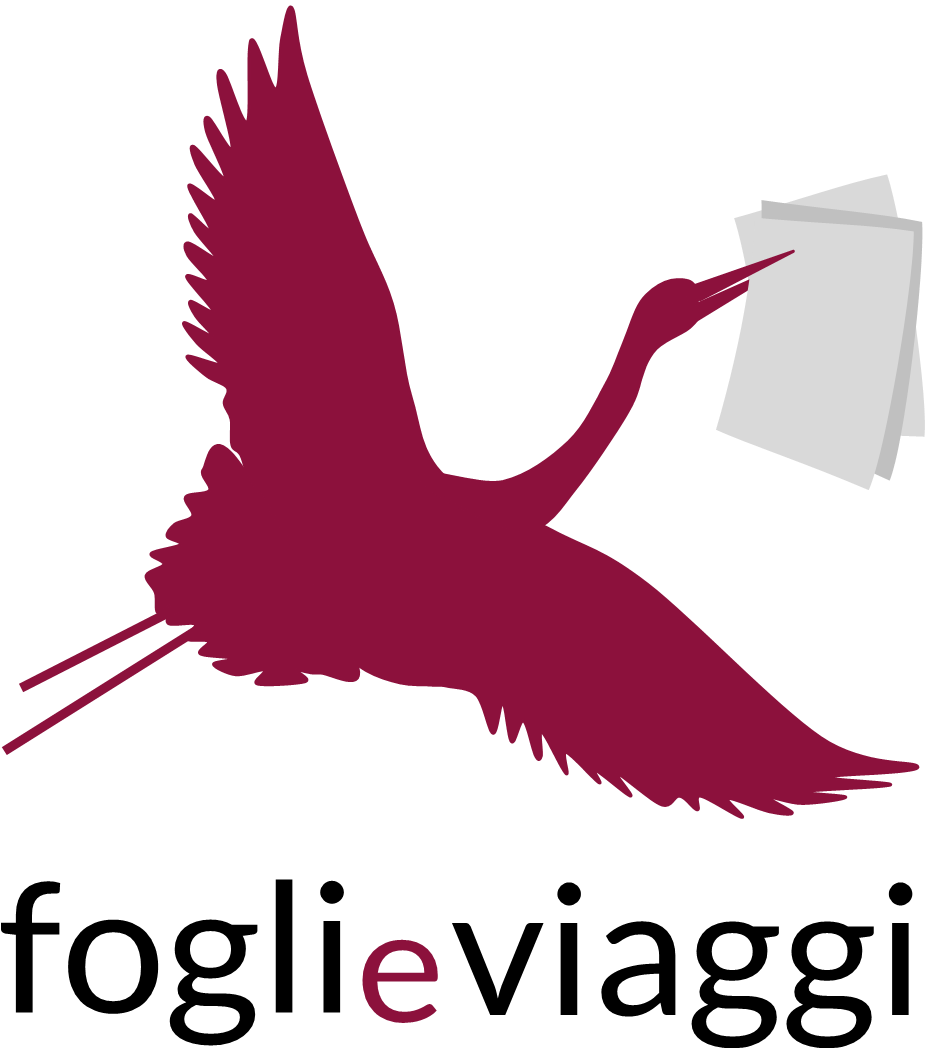Usa and Russia, the feeling is mutual
by CHRIS MIDDLEBROOK*
The Volga River is to Russia what the Mississippi is to America. Mother Volga is exalted in Russian folklore and literature. Many great Russian cities stand secure on its banks as the Volga winds 2,193 miles to its outlet in the Caspian Sea: Kazan, Nishny Novgorod, Astrakhan, each sounding more exotic than the previous. I am certain, without proof of course, that the famous prison of Azkaban from the Harry Potter novels was created by combining the names of at least two of these Russian cities.
Do not forget Ulyanovsk, the
birthplace of Vladimir Ilyich Lenin. Lenin was not a bandy player, but
Ulyanovsk is a bandy city. The local bandy club is Volga. Founded in 1934,
Volga competes in the Russian Super League. Their original bandy rink was built
in the 1920s in a now impoverished and neglected section of Ulyanovsk. Volga
has moved into an indoor, artificially refrigerated complex, the Volga Sports
Arena. But the old rink still remains.
(photo by Chris Middlebrook)
The US national bandy team arrived in Ulyanovsk in the early afternoon of January 31, 2016, one day before playing Latvia in their World Championship opener. That first evening the Americans hold a training session at the old Volga rink, which is surrounded by a tall chain link fence with only one entrance. News spreads quickly through the surrounding apartment complexes: the US team is skating on the old rink. Within 30 minutes hundreds of people are standing outside the fence. Most have only seen Americans on television, never up close, in person. Our liaison, Alec, approaches me.
"I have been asked if the people can be
allowed in to watch the practice" he says. I do not hesitate to say yes,
let them in.
(photo by Chris Middlebrook)
The ice surface is then surrounded by the citizens of the neighborhood - young boys and girls, old men and women, even some mothers with babies in strollers. They stand just beyond the edge of the ice, just feet away from the US skaters. The thrill they are experiencing emanates onto the ice, and the US boys, immersed in a wave of human emotion, feel its power. As the practice comes to an end, security begins moving the people away from the ice, toward the rink exit. I intervene. "Let them stay", I call out. "The US boys would like to meet the people".
As the US players begin to leave the ice, they are surrounded by the people of Ulyanovsk. Hands are shaken, backs are thumped, photos are taken, autographs signed. It is not a one way encounter. The US boys are just as thrilled as the people they are interacting with. A man in his 60s comes up to Alex and me. He is neither wealthy nor sophisticated, but he is a man of pride, both personally proud and proud of being a Russian.
(photo by Chris Middlebrook)
"This is how it should be" he proclaims. "Our
leaders, our countries may not like each other. They may tell us we should not
like you. But we, who are the people, we dont care what they say. We and you
are friends. The people will always be friends. This is beautiful". And it
is beautiful.
Four nights later, the US is playing Russia in a quarterfinal match in the city of Dmitrovgrad, 50 miles east of Ulyanovsk. Seven thousand Russians fill the concrete stands and surround the outdoor rink. The crowd is alive and seems to exist as a single entity. The noise is deafening as they celebrate each of the first nine Russian goals.
"Rossiya, Rossiya, Rossiya"!
The US scores to make it 9-1. The crowd goes silent. Coach Chris Halden and I concur that this silence should end. We step out from the bench and face the stands. Using our arms and hands we exert the crowd to acknowledge the US goal. They respond, at first with a light chant, then a roar.
"USA, USA, USA"!
(photo by Chris Middlebrook)
When we score a second goal the crowd does not need encouragement. "USA, USA, USA" erupts in a harmony of Russian humanity.
As the game comes to an end, the police stand in formation to keep the crowd from rushing the ice. But the US players skate over to the rink's edge and step into the throng. This is much more than diplomacy and good will. It is a river of human connection and joy flowing between two peoples, carrying them into each other and making them one. Thirty minutes pass before the first US players make it to the locker room. They know they have played a strong match against the Russian team. But it is the extraordinary post-match connection with the citizens of Dmitovgrad, the Russian people, that they will take with them for the rest of their lives.
 (photo by Chris Middlebrook)
(photo by Chris Middlebrook)
A group of police officers stands by our bus as we board for the ride back to Ulyanovsk. One of them, a police captain, is standing next to a young girl, her daughter. I take the USA bandy scarf from my neck and present it to the young girl. The Captain, in response, puts her arms around me, crushing me in a tremendous embrace. She speaks to me with feelings that come from the thousands of Russians who came to the match and connected with the US players afterward.
"We love you"! she exclaims.
The feeling is most definitely mutual.
"We love you too" I respond as she embraces me again.
*CHRIS MIDDLEBROOK (He is a lawyer, was a professional bandy player and is also the author
of a collection of 118 short stories - "The Bandy Chronicles-My Pursuit of a
Forgotten Sport." As a US National Bandy Team player, coach and the
current President of The American Bandy Association he has traveled extensively
in the Nordic Countries, The Soviet Union and Russia as well as Central Asia
and China. He currently resides in his hometown of Minneapolis together with
his wife of 36 years, Cathy)
click here and give us a like on Facebook
click here to retweet our stories
click here to follow us on Linkedin
click here to share our contents on Instagram
and... click here to subscribe our newsletter



